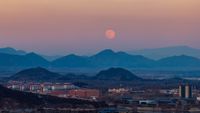
January full moon wows skywatchers with a striking 'Wolf Supermoon' (photos)
January's full moon is often known as the 'Wolf Moon'.

By Anthony Wood published
Earth reaches its closest point to the sun in its 2026 orbit on Jan. 3.

By Sven Bilén published
But as more and more satellites are launched into LEO...the region's getting a bit crowded.
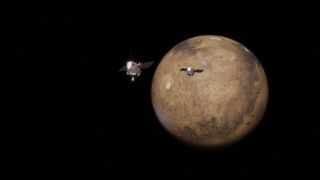
By Leonard David published
NASA's ESCAPADE Mars probes embarked on a 'loiter' trajectory after launch, and scientists say that extra time in space could have some consequences for the twin spacecraft.

By Josh Dinner published
It's happening. We are going.
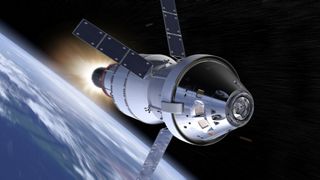
By Samantha Mathewson published
From astronauts looping around the moon to spacecraft reaching Mercury and asteroids near Earth, 2026 is shaping up to be a landmark year for space exploration.
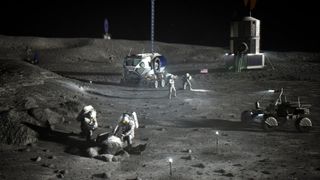
By Sharmila Kuthunur published
"It's really not a question of robotic exploration or human exploration," Ehlmann said. "It is an 'and' — it's robotic and human exploration and how we do these best together."
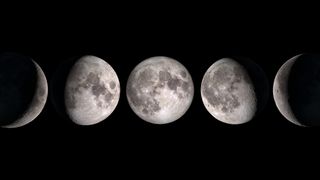
By Tariq Malik, Daisy Dobrijevic last updated
Reference See what moon phase it is tonight and find out when you can see the rest of the moon phases for 2026.

By Kenna Hughes-Castleberry published
Test your space smarts with our weekly crossword challenge, crafted from Space.com's biggest headlines.

By Jeff Spry published
2026 is a special year for creator Gene Roddenberry's iconic "Wagon Train To The Stars" sci-fi franchise as it celebrates its 60th anniversary seeking out new life and new civilizations!
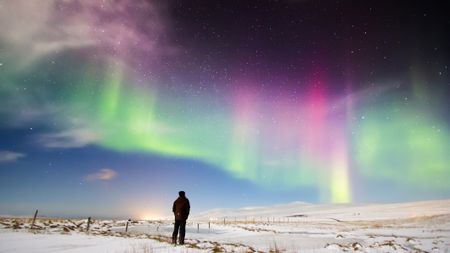
The latest aurora forecast for tonight help you make sure you're in the right place at the right time to see the northern lights.
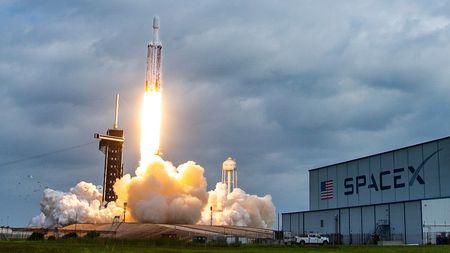
Follow Space.com's rocket launch blog for the latest on when the next rocket launch will be and how to follow it live.

Find out what you can see in the night sky for tonight, from planets and stars to dazzling meteor showers.
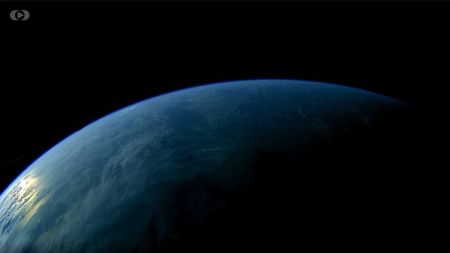
Witness live views of Earth from the International Space Station as it orbits the planet. Space streaming company Sen is broadcasting 24/7 from the ISS in beautiful 4K HD.
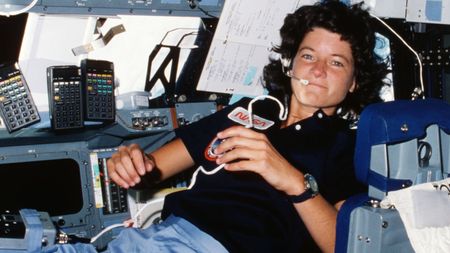
NASA astronaut Sally Ride became the first American woman in space aboard the space shuttle Challenger.
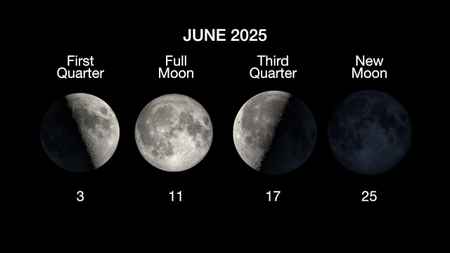
See what moon phase it is tonight and find out when you can see the rest of the moon phases for 2025.
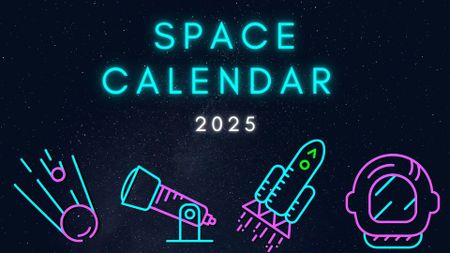
Keep up with all the rocket launches, astronomical events and mission milestones for 2025 with our space calendar.
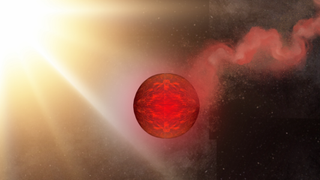
By Amirali Aghazadeh published
If nonliving materials can produce rich, organized mixtures of organic molecules, then the traditional signs we use to recognize biology may no longer be enough.

By Alexander Cox published
A VPN, or virtual private network, is great for online safety and accessing content while travelling. It's worth getting, but why? Scroll down to find out.

By Alexander Cox published
Which is the best streaming device out there? We've pitted four of the best models on the market against each other to determine the top option.
Please login or signup to comment
Please wait...